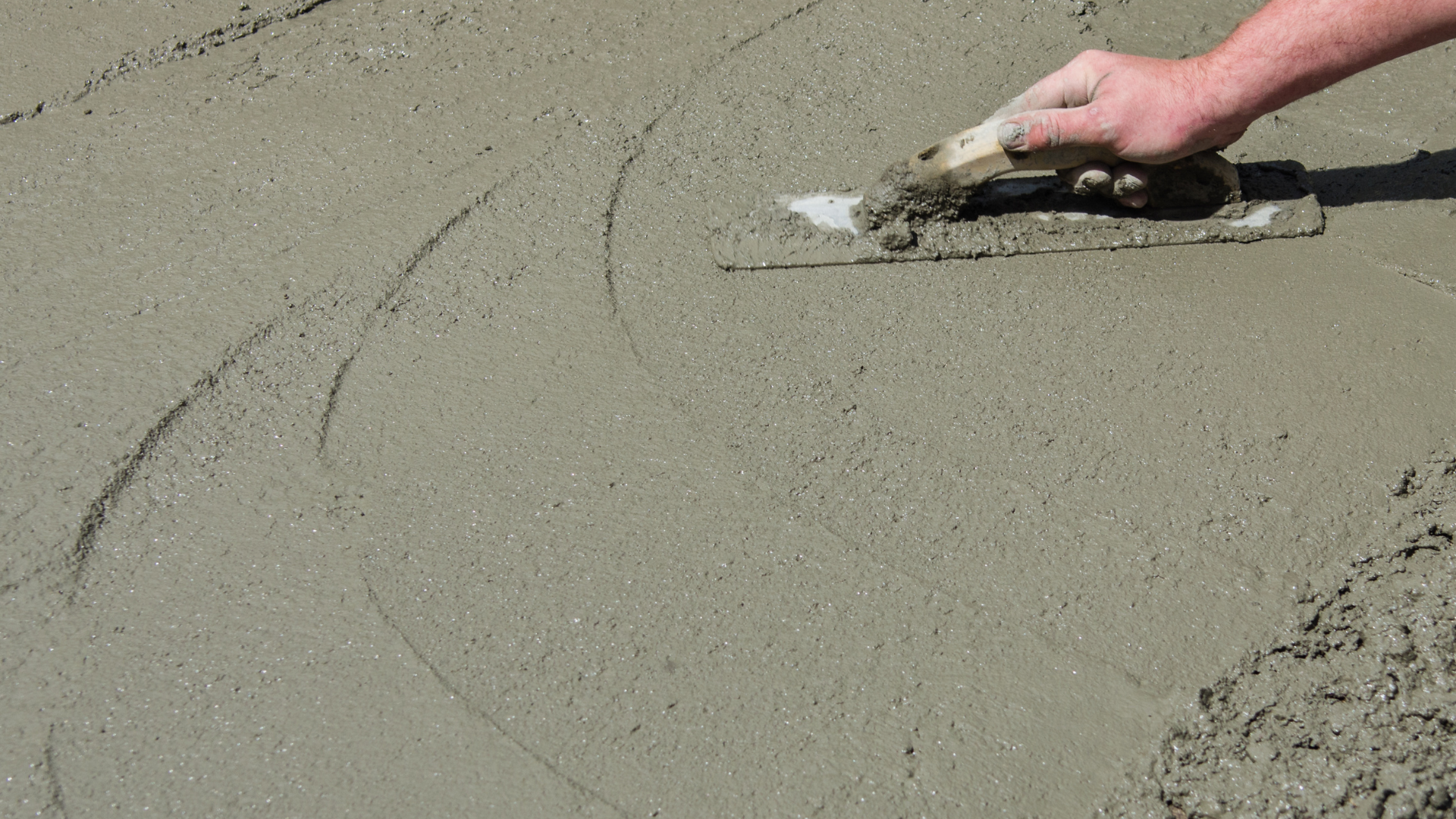How Long Does a Concrete Driveway Last in Virginia?
How Long Does a Concrete Driveway Last in Virginia?

In Virginia, a well-installed concrete driveway typically lasts 25 to 30 years—sometimes longer if properly maintained and protected from climate-related damage. However, we often see driveways in Richmond County needing replacement much earlier due to drainage issues, soil movement, and freeze-thaw cycles.
If you're planning to install a new driveway or wondering whether your current one still has life left, understanding the factors that impact durability is essential. In this guide, we’ll cover:
- What shortens or extends a concrete driveway's lifespan
- How Virginia’s climate affects performance
- Maintenance tips to get the most years out of your driveway
- When replacement makes more sense than repairs
Why Homeowners Choose Concrete Driveways
Concrete remains one of the most popular driveway materials across the Mid-Atlantic for good reason. Benefits include:
- Long lifespan (25+ years)
- Minimal maintenance
- Curb appeal
- High load-bearing capacity
- Clean, modern appearance
Compared to gravel or asphalt, concrete costs more upfront but often wins out in longevity and appearance—if installed correctly.
Average Concrete Driveway Lifespan in Virginia
Let’s break it down by condition and quality:
Installation Quality & Maintenance vs. Expected Lifespan
- High-quality install + regular sealing: 25–30 years
- Moderate install, inconsistent sealing: 15–20 years
- Poor drainage or base, little maintenance: 10–15 years
- Overlay on deteriorating slab: 5–10 years
In our 30+ years of work across Richmond County, we’ve seen driveways last well over three decades when installed with a proper base, sealed regularly, and kept clear of pooling water.
How Virginia's Climate Impacts Concrete Longevity
1. Freeze-Thaw Stress
Virginia winters bring freeze-thaw cycles that expand moisture trapped in concrete. Over time, this causes cracking, surface scaling, and structural stress—especially in driveways that weren’t sealed or were poured with improper water-cement ratios.
2. Drainage Issues
Without proper slope or downspout management, water pools around the driveway. That water can:
- Soften the subgrade
- Cause erosion
- Undermine support
- Lead to heaving or slab movement
3. Soil Conditions
Parts of Richmond County are prone to clay-heavy soils that shrink and swell. If the base isn't adequately compacted and reinforced, these changes can cause cracks, lifting, or sinking over time.
4. Heavy Use
Driveways exposed to heavy trucks, RVs, or repeated turning (e.g., narrow driveways where tires twist in place) experience more wear. While concrete is strong, residential slabs aren’t designed for commercial traffic.
Installation Matters: Why Site Prep Is Crucial
Many concrete problems begin before the pour. If the subgrade isn’t compacted or if there’s inadequate gravel base, the slab will never have full support. Signs of poor prep include:
- Early cracking within 1–3 years
- Water flowing toward the garage or house
- Edge breakdown and chipping
- Slab settling or “floating” over time
That’s why we always begin every driveway install with full grading and dirt work.
How to Extend the Life of Your Concrete Driveway
Preventative maintenance pays off big when it comes to concrete. Here’s what we recommend to all clients in Richmond County:
1. Seal Every 3–5 Years
A good concrete sealer protects against water, oil stains, road salt, and UV exposure. Make sure you allow new concrete to cure for at least 30 days before applying.
2. Clean Regularly
Remove leaves, mulch, and debris that can stain or trap moisture. Oil and grease should be cleaned up immediately using a degreaser.
3. Control Water Runoff
Ensure your gutters and downspouts send water away from the driveway. Avoid allowing lawn sprinkler heads to spray the surface.
4. Avoid Rock Salt in Winter
Salt breaks down concrete over time. Opt for sand or calcium chloride-based deicers that are less corrosive.
5. Fix Cracks and Joints Promptly
Seal small cracks before they allow moisture into the base. Replace damaged expansion joints to prevent water ingress.
Warning Signs Your Driveway Is Near the End
Even with regular care, all concrete eventually deteriorates. Watch for:
- Cracks wider than ¼ inch or spreading in a spiderweb pattern
- Pooling water, especially near the middle
- Surface erosion (chipping, pitting, exposed aggregate)
- Uneven or sunken sections
- Repeated repairs that fail within 12 months
When these issues combine, replacement becomes more cost-effective than continued patching.
FAQs About Concrete Driveways in Virginia
How thick should a driveway be?
Most residential driveways should be 4 inches thick minimum, with 6 inches recommended for heavy vehicles or sloped areas.
Can I resurface instead of replacing?
Resurfacing can work if the underlying concrete is stable. But if the slab has deep cracks or movement, resurfacing is just a temporary cover-up.
How long before I can drive on new concrete?
Wait at least 7 days after pouring before driving on the slab, though 10–14 days is ideal for full strength development.
Is concrete better than asphalt in Virginia?
Concrete lasts longer and handles heat better, while asphalt is cheaper upfront but softer and prone to rutting in warm months. In most long-term cases, concrete wins.
Local Concrete Experts You Can Trust
Since 1994, ER Treadway Services has been building, repairing, and replacing concrete driveways across Richmond County with a reputation for honesty and craftsmanship. We never cut corners—we do the dirt work, drainage, and prep the right way from day one.
If your driveway is showing signs of aging, cracking, or poor drainage, call us for an expert opinion and a no-pressure estimate.
Serving: Warsaw, Farnham, Haynesville, and surrounding areas
Phone: (804) 218-4126

